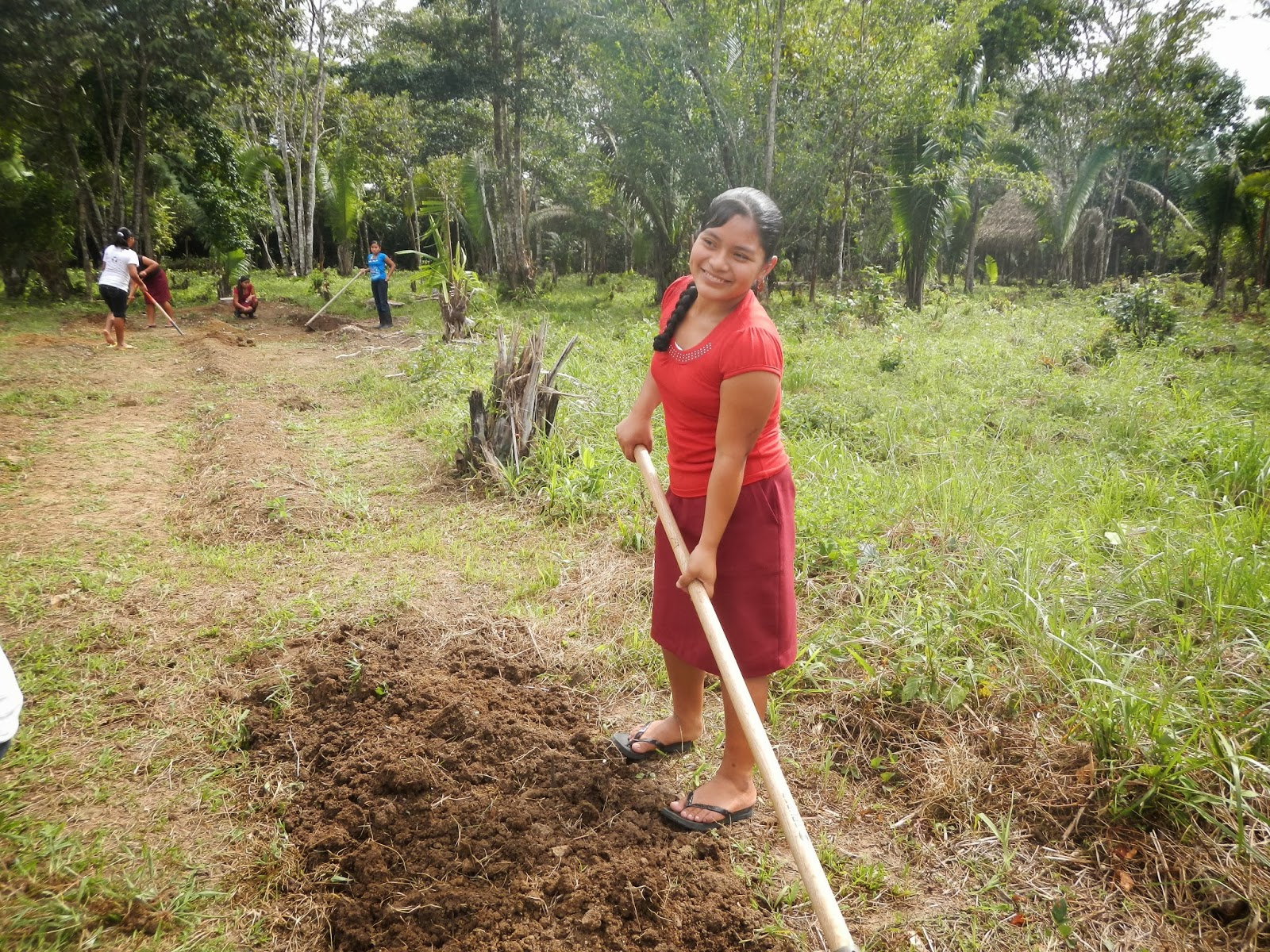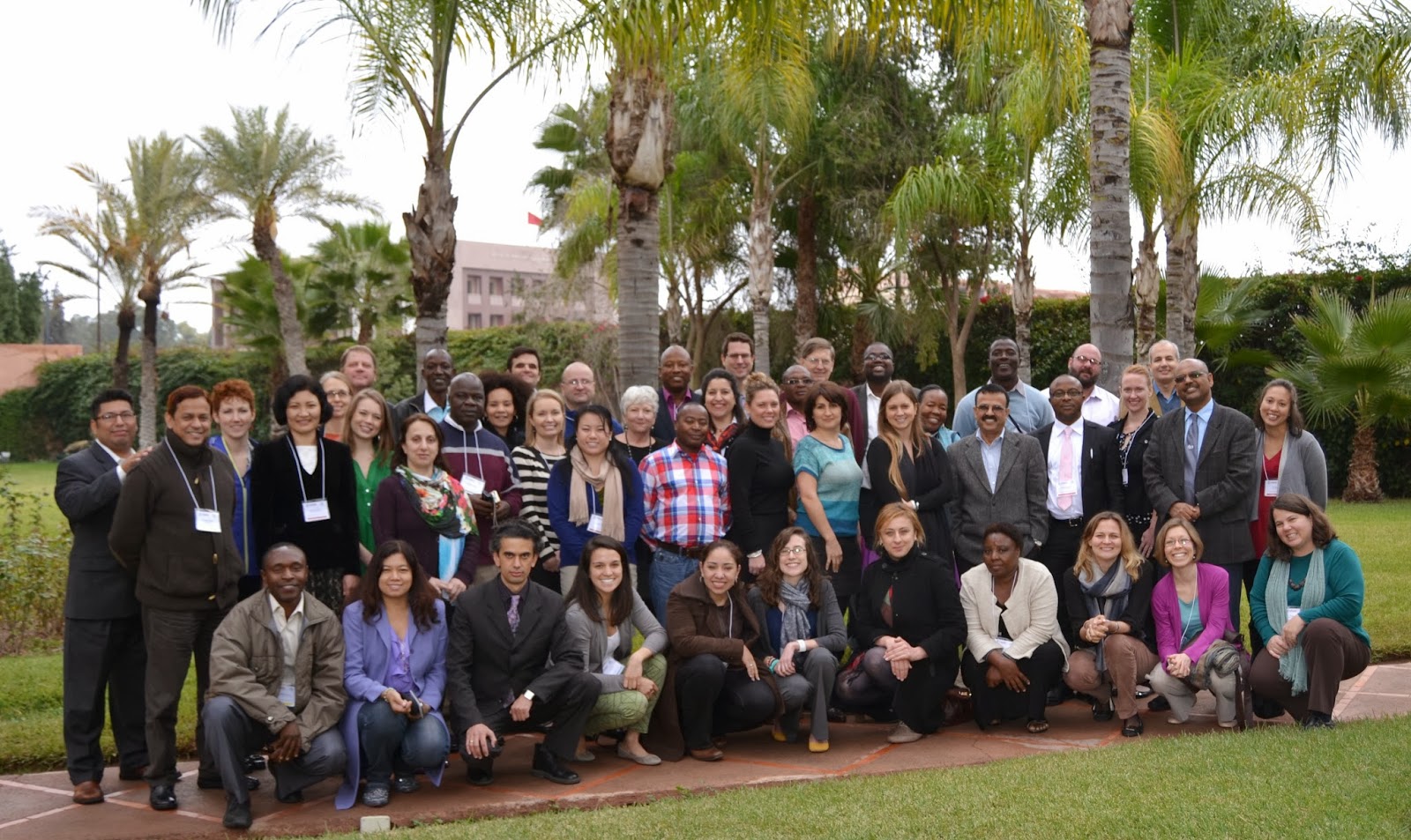Happy Peace Corps Week! – Returned Peace Corps Volunteers Make Great F2F Volunteers Too

On March 1, 1961, President John F. Kennedy established the Peace Corps. This year, from February 23 to March 1, 2014, the Peace Corps community celebrates the many ways that Returned Peace Corps Volunteers (RPCVs) have made a difference both at home and abroad. Claire Clugston in the Dominican Republic (RPCV DR '10-'12) Many RPCVs also have served as Farmer-to-Farmer volunteers. The skills and experience RPCVs gain from their Peace Corps experience is invaluable to their work as F2F volunteers. Their ability to quickly adapt to their surroundings and understand and communicate across diverse cultures allows them to successfully collaborate with their country partners and implement successful and sustainable change. Here are some examples of RPCVs who also have served as F2F volunteers: Claire Clugston : served as a Peace Corps Volunteer in the Dominican Republic from 2010 to 2012. During her service, she lived and worked in a farming community of 50 households ...



